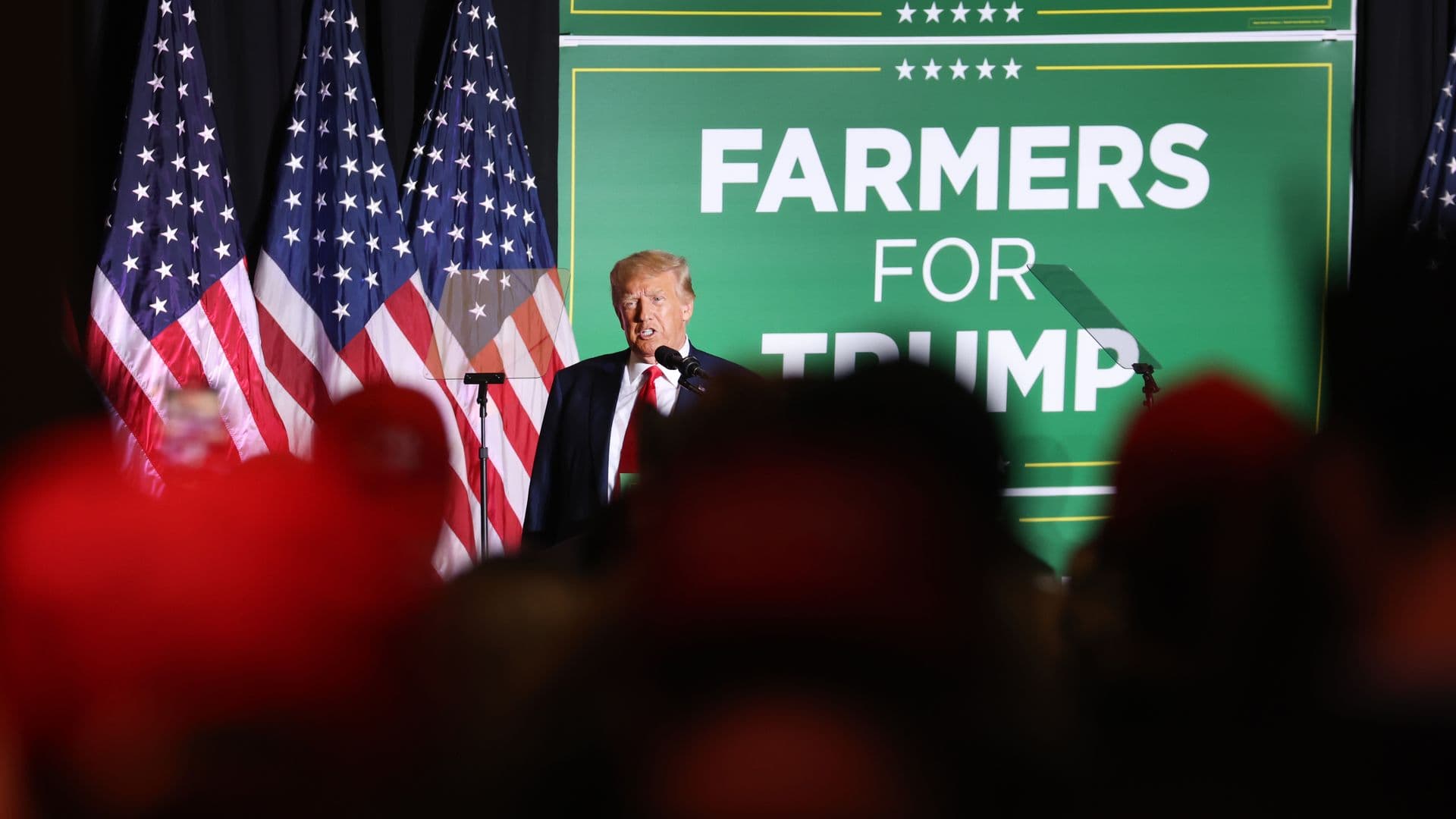Trump Pledges Tariff Revenue to Aid Farmers Amid Trade Disruptions

President Donald Trump announced a plan to allocate tariff revenue to American farmers, acknowledging that the agricultural sector faces short-term challenges from his administration's trade policies. Speaking from the White House, Trump stated, > "We're going to take some of that tariff money that we made, we're going to give it to our farmers, who are for a little while going to be hurt until it kicks in, the tariffs kick into their benefit." The move aims to support farmers grappling with market volatility and trade disputes.
The President emphasized his commitment to ensuring the well-being of the nation's farmers, asserting, "So we're going to make sure that our farmers are in great shape, because we're taking in a lot of money." This statement signals a direct link between the revenue generated from tariffs and financial relief for the agricultural community, which has been significantly impacted by global trade shifts.
This initiative echoes similar strategies employed during Trump's previous administration, where billions of dollars were provided to farmers to offset losses incurred from the trade war with China. Those aid packages, totaling approximately $28 billion, were primarily distributed through programs leveraging the Commodity Credit Corporation (CCC) to compensate for reduced exports and retaliatory tariffs.
While the President expressed confidence in using tariff proceeds, officials anticipate that Congressional approval will likely be required to formalize the use of tariff revenue for farm aid. The plan could be included in upcoming budget packages, though potential legal challenges regarding the President's authority to impose tariffs, currently under Supreme Court review, could introduce complexities.
The broader agricultural sector continues to navigate a landscape shaped by tariffs, which have led to retaliatory measures from key trading partners like China, impacting US agricultural exports. Farmers, particularly those growing soybeans and corn, have faced depressed prices and diminished access to international markets, making government support a critical, albeit debated, component of their economic stability.